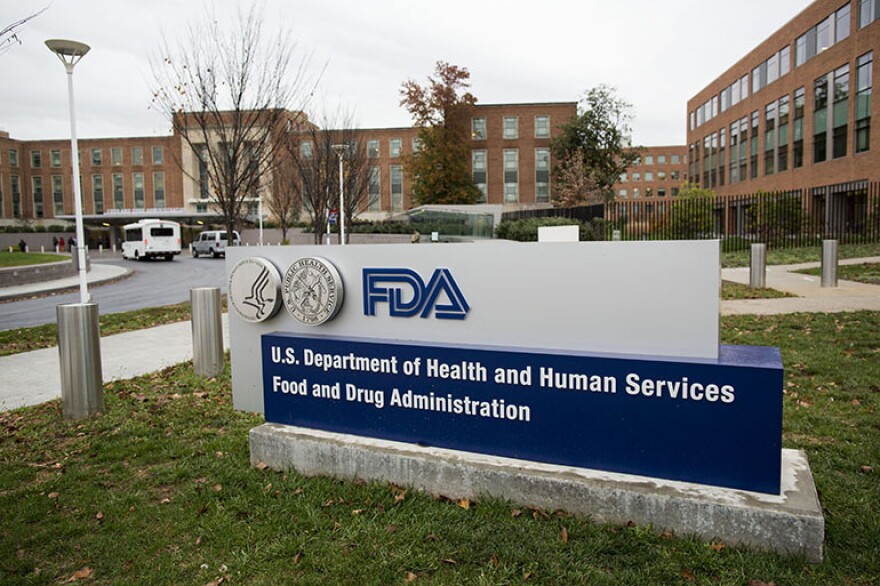In an effort to combat the alarming shortage of the front-line treatment for syphilis in the United States, the Food and Drug Administration (FDA) has collaborated with French pharmaceutical company Laboratoires Delbert to temporarily permit the importation of Extencilline, a medication not previously approved in the U.S.
Laboratoires Delbert, in a recent letter, confirmed their ongoing collaboration with the FDA to facilitate the temporary import of 3.5 million units of Extencilline. This strategic move comes as a response to the persistent shortage of Bicillin, a long-acting injectable form of the antibiotic penicillin, manufactured by Pfizer. Bicillin has been in short supply since the middle of the previous year, posing significant challenges to healthcare providers and raising concerns about the potential consequences for public health.
Bicillin is the recommended treatment for syphilis in adults and plays a crucial role in preventing congenital syphilis in pregnant women. The shortage has particularly raised anxieties about the impact on pregnant women and the transmission of syphilis from mother to newborn, making it a matter of urgent concern for health authorities.
Pfizer, the manufacturer of Bicillin, acknowledged the shortage in June. The company explained that while it prioritized the production of the formulation for adults, the complexity of antibiotic manufacturing processes and stringent regulations hindered the rapid scaling up of production. This revelation prompted dozens of public health groups to issue a joint plea to the White House in October, urging swift action to address the shortage amid a surge in syphilis cases across the country.
The FDA’s drug shortages database indicates that the resolution of the supply problem is anticipated in the second quarter of the current year. However, the impact of the shortage cannot be understated. From 2017 to 2021, reported cases of syphilis in the U.S. witnessed an alarming 74% increase, with cases of congenital syphilis soaring more than 203%, according to data from the Centers for Disease Control and Prevention (CDC). The most recent data for 2022 is even more alarming, with over 3,700 babies born with syphilis—a staggering increase of more than 1,000% from 2012, representing the highest numbers in over three decades.
Congenital syphilis is considered a “never event,” as it is nearly always preventable. A single course of penicillin administered at least a month before delivery has been proven to be highly effective in preventing infected mothers from transmitting the bacteria to their babies, making the shortage of Bicillin all the more concerning.
The National Coalition of STD Directors, one of the organizations that signed the joint plea in October, expressed appreciation for the FDA’s recent move. Executive Director David Harvey emphasized the critical nature of addressing the Bicillin L-A shortage, particularly during the ongoing syphilis crisis in the nation. Harvey stated, “The delays in treatment that women have faced because of the shortage has placed them and their families at grave risk during the nation’s syphilis crisis.”
Harvey continued, “Today, the administration took meaningful action on our ongoing ask they do anything and everything in their power to address the Bicillin L-A shortage and to provide communities with the resources they need to treat patients and solve this public health crisis. We hope this is the first step toward seeing a resolution to this shortage, and that HHS and FDA will continue to take steps to ensure that communities never experience a syphilis treatment shortage again.”
As the FDA and Laboratoires Delbert work together to temporarily alleviate the shortage, there is optimism within the healthcare community that this collaboration will serve as a stepping stone towards a more sustainable solution. However, the broader issue of addressing the rising syphilis cases in the U.S. remains a significant challenge that requires a multifaceted approach involving healthcare providers, policymakers, and pharmaceutical manufacturers. The collaboration between regulatory bodies and international drugmakers highlights the interconnected nature of global health and the need for swift and coordinated responses to public health crises.



